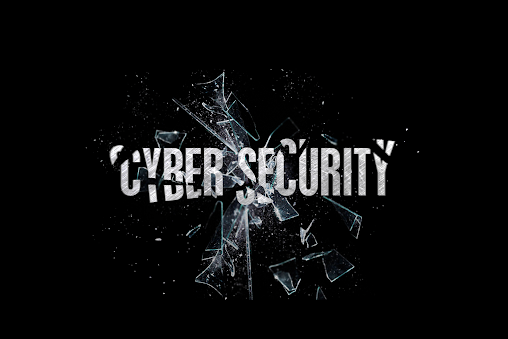In the digital age, where every device is interconnected, ensuring the cyber security of your home network and devices is as crucial as locking your doors at night. Cyber security for home users doesn't require you to be a tech wizard. Simple practices and awareness can significantly reduce your risk of falling victim to cyber threats like malware, phishing, and identity theft. Here’s a basic guide to help you secure your digital home.
1. Understand the Importance of Updates
Updates are not just about getting the latest features; they are crucial for security. Software developers regularly release updates that patch vulnerabilities in your devices’ operating systems and applications. Cybercriminals often exploit these vulnerabilities to gain unauthorized access to systems. Therefore, enabling automatic updates for your operating system, browsers, antivirus software, and other apps is essential.
2. Use Strong, Unique Passwords
One of the simplest yet most effective ways to protect your online accounts is by using strong, unique passwords. A strong password should be at least 12 characters long, combining letters, numbers, and special characters. Avoid using easily guessable passwords like "123456" or "password." Consider using a password manager to generate and store complex passwords, so you don't have to remember each one.
3. Enable Multi-Factor Authentication (MFA)
Multi-factor authentication adds an extra layer of security by requiring two or more verification methods to gain access to your online accounts. This typically includes something you know (password), something you have (a smartphone app that generates a time-sensitive code), or something you are (biometrics such as fingerprints). Enabling MFA can significantly reduce the risk of unauthorized access, even if someone has your password.
4. Secure Your Home Network
Start by changing the default username and password on your home router, as they can be easily found online by cybercriminals. Use a strong, unique password for your Wi-Fi network and consider hiding your network so that it does not broadcast the SSID (network name). This makes it less visible to malicious actors. Additionally, consider using WPA3 encryption if supported by your router, as it provides enhanced security over previous protocols.
5. Be Wary of Phishing Attacks
Phishing attacks involve scammers sending fraudulent emails or messages that appear to come from legitimate sources, such as your bank or a familiar service provider. Their goal is to trick you into providing sensitive information like passwords or banking details. Be skeptical of any unsolicited communication that asks for personal information or directs you to a website where you need to input sensitive data. Always verify the authenticity of the request by contacting the organization directly using a trusted method.
6. Install Reputable Antivirus Software
Antivirus software plays a critical role in protecting your devices from malware and viruses. It scans incoming files and programs to block and remove threats before they cause harm. Choose antivirus software from a reputable company and ensure it is set to update automatically to protect against the latest threats.
7. Backup Your Data Regularly
Regular backups protect you from data loss in case of a cyber attack, such as ransomware, which encrypts your files and demands payment to unlock them. Use an external drive or a cloud backup service to regularly save copies of important documents, photos, and other data. Ensure your backup solution is secure and reliable.
8. Educate Your Family
Everyone in your household should be aware of basic cyber security practices. Teach your children about the dangers of sharing personal information online and the importance of reporting any unusual activity on their devices. Regularly discuss the latest scams and encourage safe browsing habits.
Conclusion
Cyber security doesn't stop with following a few steps; it's an ongoing process of staying informed and vigilant. By understanding the basics and implementing these simple practices, home users can significantly improve their security posture and protect their digital lives from emerging cyber threats. Stay safe online!
